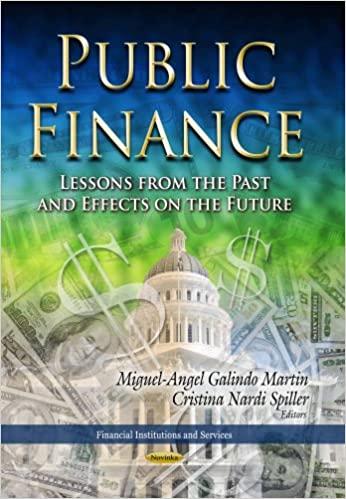Question
A 13.25-year maturity zero-coupon bond selling at a yield to maturity of 7% (effective annual yield) has convexity of 164.9 and modified duration of 12.38
A 13.25-year maturity zero-coupon bond selling at a yield to maturity of 7% (effective annual yield) has convexity of 164.9 and modified duration of 12.38 years. A 40-year maturity 5% coupon bond making annual coupon payments also selling at a yield to maturity of 7% has nearly identical modified duration-13.96 years-but considerably higher convexity of 338.8.
a. Suppose the yield to maturity on both bonds increases to 8%. What will be the actual percentage capital loss on each bond? What percentage capital loss would be predicted by the duration-with-convexity rule? (Do not round intermediate calculations. Round your answers to 2 decimal places.)
| Zero-Coupon Bond | Coupon Bond | |
| Actual loss % | ________% | _________% |
| Predicted loss % | ________ % | _________% |
b. Suppose the yield to maturity on both bonds decreases to 6%. What will be the actual percentage capital gain on each bond? What percentage capital gain would be predicted by the duration-with-convexity rule? (Do not round intermediate calculations. Round your answers to 2 decimal places.)
| Zero-Coupon Bond | Coupon Bond | |
| Actual gain % | ________ % | ________ % |
| Predicted gain % | ________ % | ________ % |
Step by Step Solution
There are 3 Steps involved in it
Step: 1

Get Instant Access to Expert-Tailored Solutions
See step-by-step solutions with expert insights and AI powered tools for academic success
Step: 2

Step: 3

Ace Your Homework with AI
Get the answers you need in no time with our AI-driven, step-by-step assistance
Get Started


